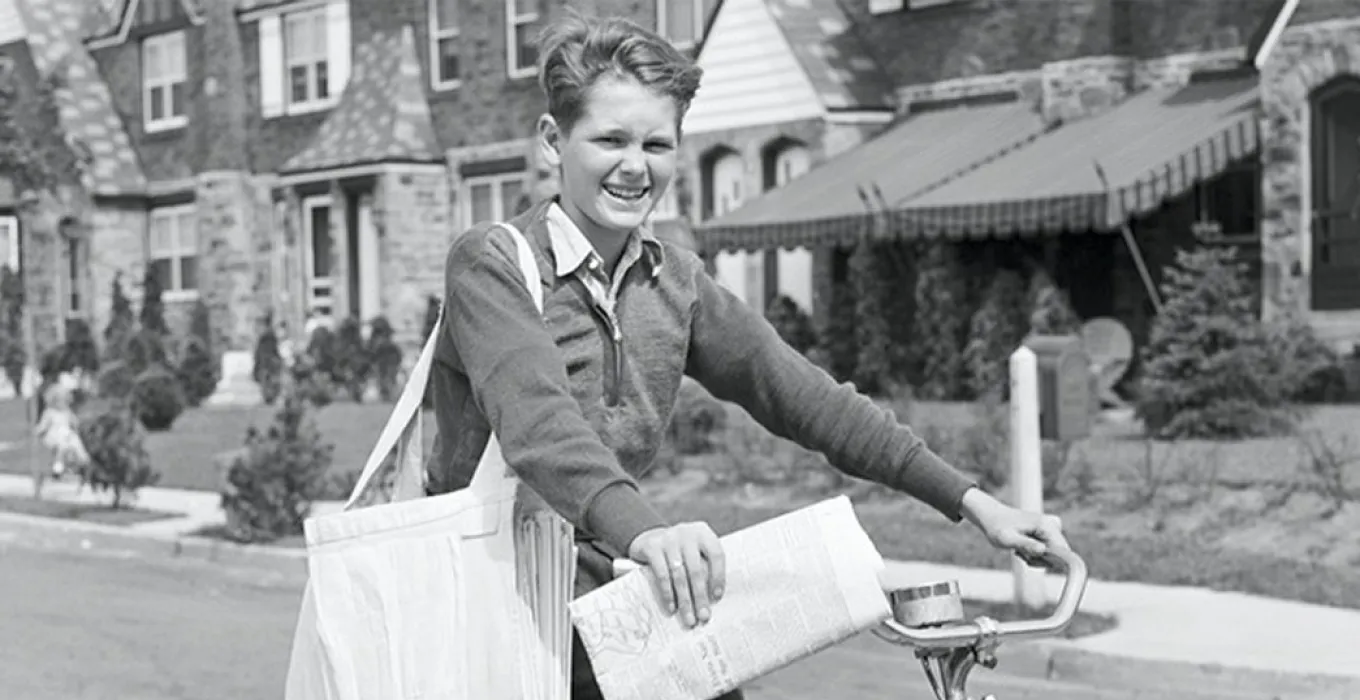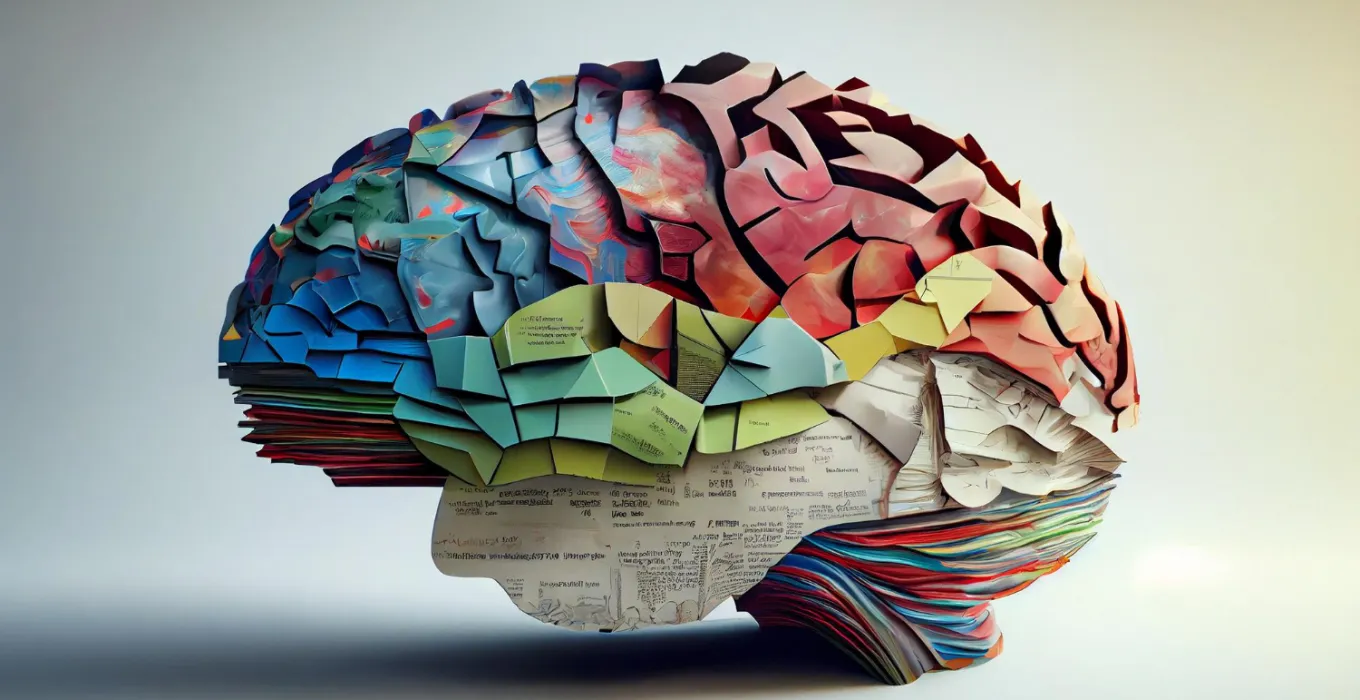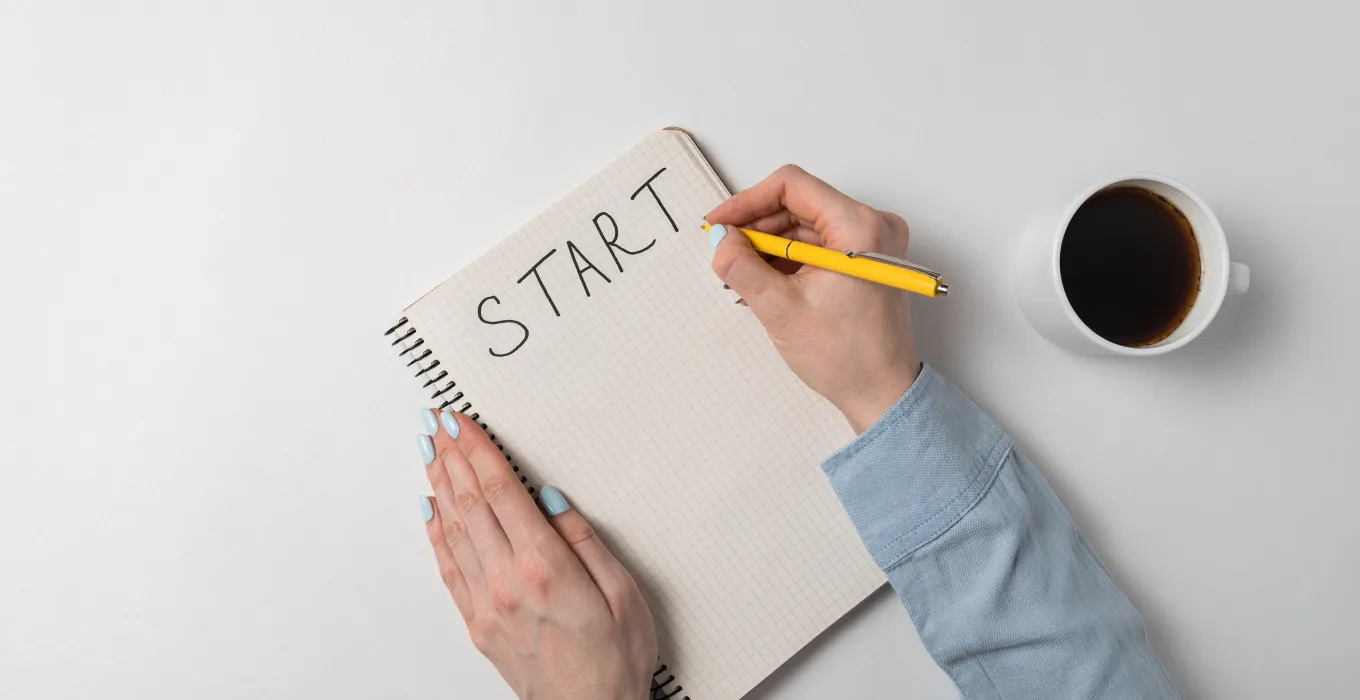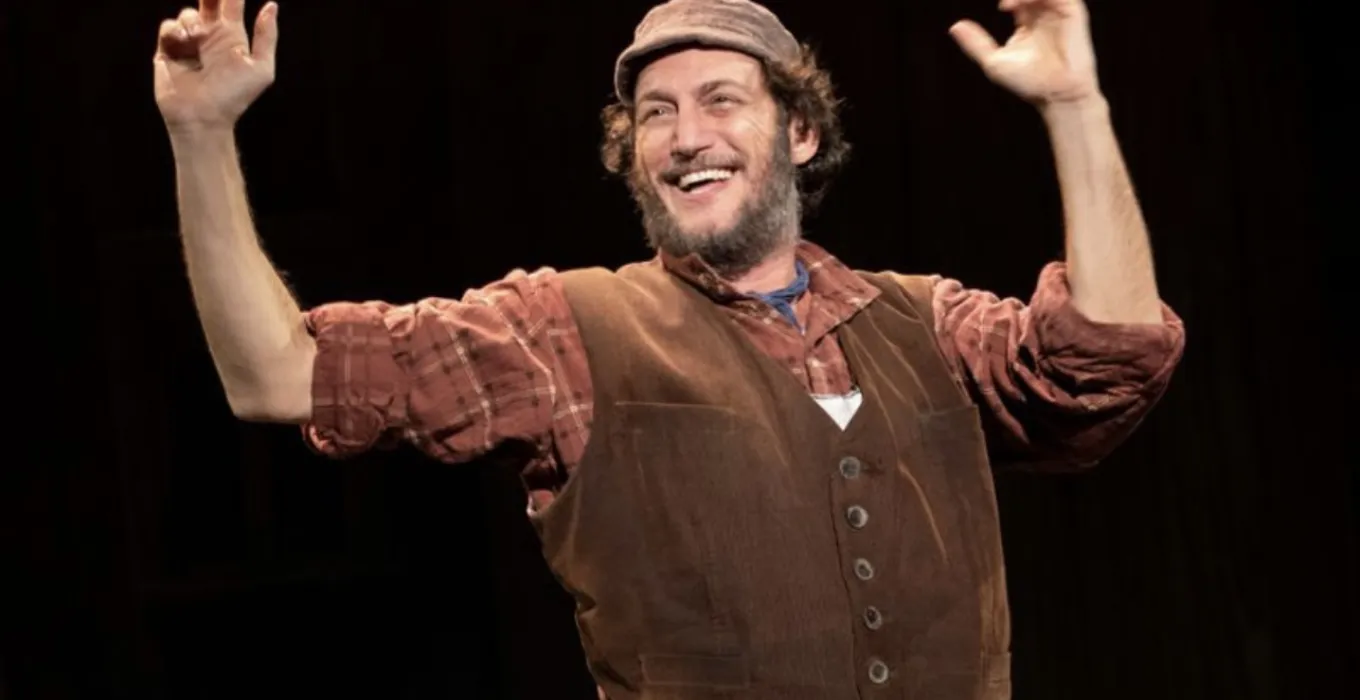Beat the “Fall Back Blahs” of Daylight Savings
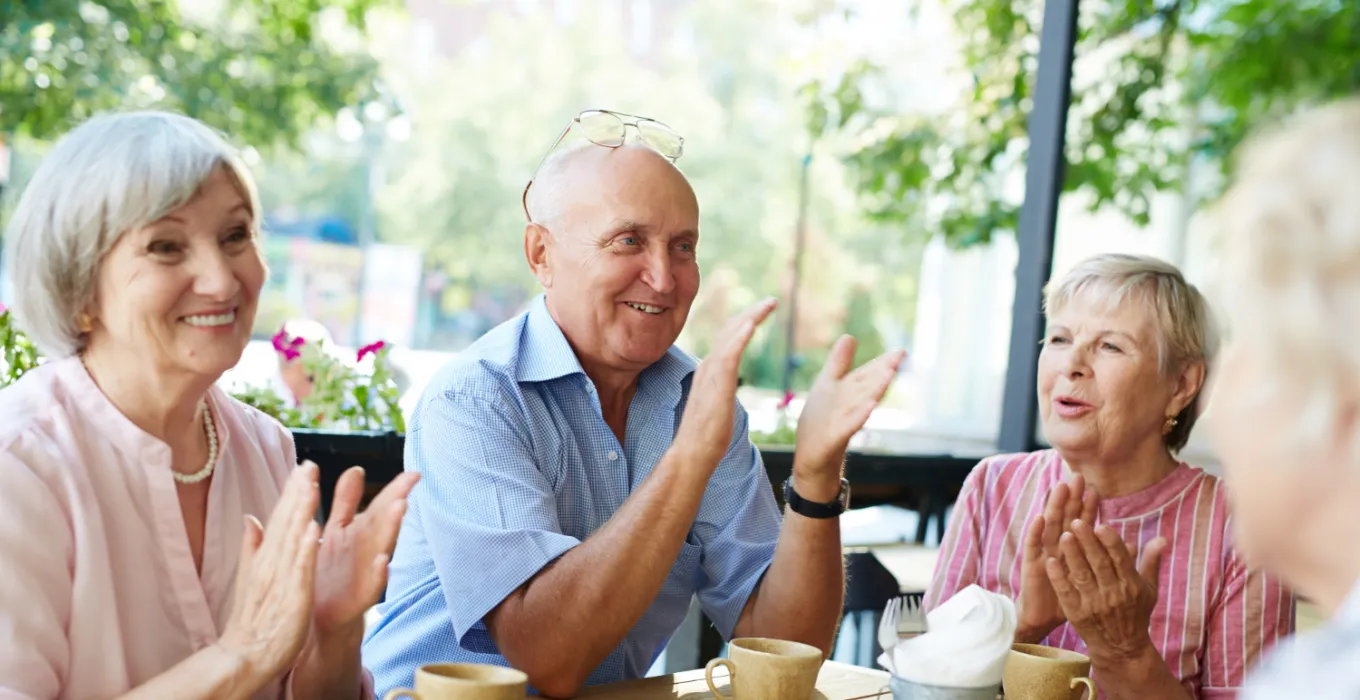
On November 3, most of the U.S. will “fall back” in observance of Daylight Savings Time (DST) and the shortening of days until the Winter Solstice. As a retiree, you may not have the dreaded experience of leaving your office at 5 pm when it’s already dark outside, but the fewer hours of sunlight and the earlier onset of dusk can reap havoc with our body clock and outlook.
A study by the American Association of Sleep Medicine found that more than 55% of Americans reported negative impact on their sleep patterns with Daylight Savings. A Danish study published in Epidemiology found an 11% increase in depression the weeks after clocks are turned back. Even a study from University of Colorado - Boulder found a 6% increase in fatal car accidents directly correlated to visibility changes and disrupted sleep after the time transition.
So, what can you do to beat the fall back blahs? You could move to Hawaii or parts of Arizona where Daylight Savings isn’t observed, or use these tips to keep your mood high:
Bring the Light!
In your home, use automatic timers on lights and flameless candles so that they switch on before the onset of dusk. Use up-lighting in corners or other areas in rooms that don’t get much natural light. This will reduce the shock to your system and bring positive energy to your home.
Being Good to Your Body = Good for Your Mental Health.
Get moving and get outside! As the days get shorter, we naturally are drawn to hunkering down and less movement. Instead, go outside, take a hike or walk, be in nature. Embrace what changing seasons mean in your climate. Raking leaves and yard work is good from a balance, strength and cardiovascular perspective. You can burn between 150-220 calories in just 30 minutes raking. Studies have shown a 64% improvement in mood and a 30% reduced risk in developing depression by simply engaging in outdoor activities and being in nature.
Get plenty of Vitamin D and avoid heavy meals. Being outside also helps with Vitamin D absorption. Be sure to choose healthy food options and avoid alcohol. Alcohol consumption is a double whammy that disrupts sleep and can be a depression trigger.
Decluttering Helps You and Others.
The changing of the seasons is my favorite time to go through my closet, the kitchen pantry, and any part of my house where “stuff” tends to accumulate (entry way, junk drawer, desk, etc.). Donate what no longer serves you and make room for what is needed in the next season. Food pantries and resale non-profits experience higher demand during the fall and winter. Clutter accumulates energetic as well as particle dust. A good edit of a closet or cabinet feels fantastic and clears energy in a space that may be stagnant. If you struggle with where or how to start, simply tackle one drawer, one shelf, or one corner and see how it feels.
Wash and change all your bedding. When you clean mattress pads, pillow covers and linens, another positive energy shift happens. If you really want to improve energy flow in your bedroom, use a tennis racket (or something similar) and give your mattress a good whack! Pound out all the dust and stuck energy followed by vacuuming.
Lean into Community!
Finally, the best thing you can do when environmental factors put downward pressure on your mood is to genuinely connect with other human beings. Take a social media break, reach out and call someone you haven’t talked to in a while. Set up a weekly coffee or hike with friends, or sign up to volunteer at a local non-profit. Make a healthy treat and deliver it to a neighbor. The human condition requires fellowship, purpose and connection. Your efforts to reach-out may just be exactly what someone else needs to beat the fall back blahs!
Be well!
